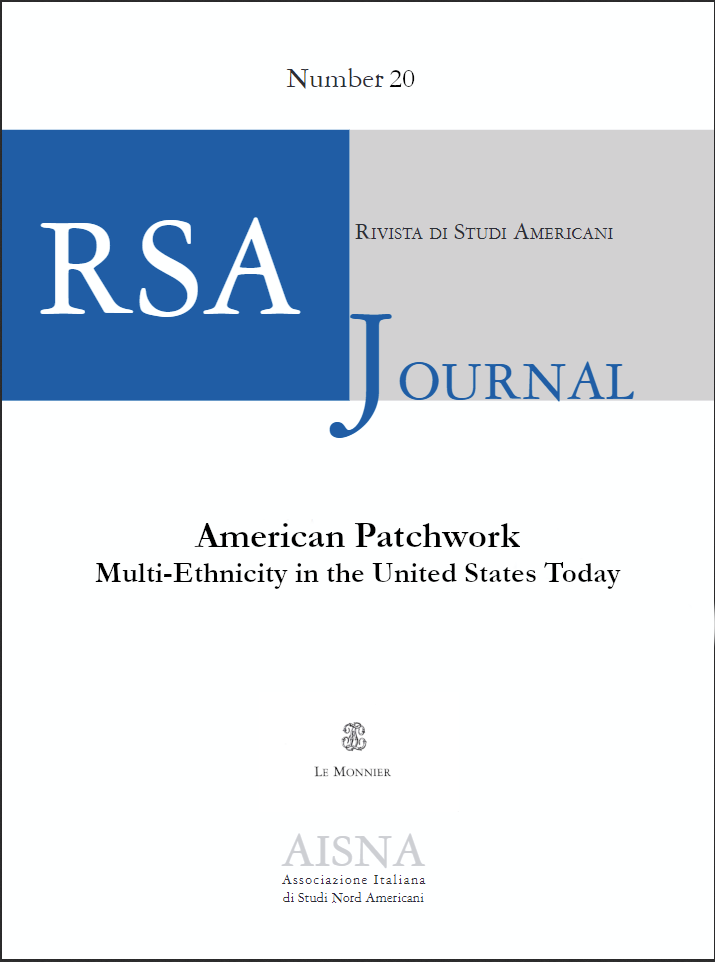Multiculturalism and the Legacy of Cultural Pluralism
DOI:
https://doi.org/10.13135/1592-4467/8662Parole chiave:
multiculturalism, cultural pluralism, American life, minoritiesAbstract
The present essay focuses on a group of intellectuals from the beginning of the 20th century who opened the way to a nationwide reflection on the right of minorities, and especially of immigrants, to maintain their tradition while entering American life. They contributed a pluralist reading of national identity that decades later resulted in the multiculturalist approach. Some among them held that these “new Americans” could contribute to the life of the nation by bringing with and within them different experiences and cultures. At a time when white supremacy, racial superiority, nationalism, and Social Darwinism were triumphant in their effort to exclude minorities, they worked on a redefinition of identity and citizenship that tended to include at least some of the minorities. Toward the end of the “American century,” this debate, initially limited to some of the groups forming the nation, found an articulate definition in multiculturalism. If not ready to create a “federation of cultures,” the United States of the late 20th century was at least capable of accepting a reality that has accompanied the history of the country since its birth: citizens can be “good Americans” while maintaining a cultural and social identity shared with their group of affiliation.
##submission.downloads##
Pubblicato
Fascicolo
Sezione
Licenza
RSAJournal applicherà una licenza CC BY 4.0 a tutti i suoi contributi a partire dal numero 37 (2026). Le pubblicazioni precedenti sono regolate dalla licenza CC BY-NC-ND.



